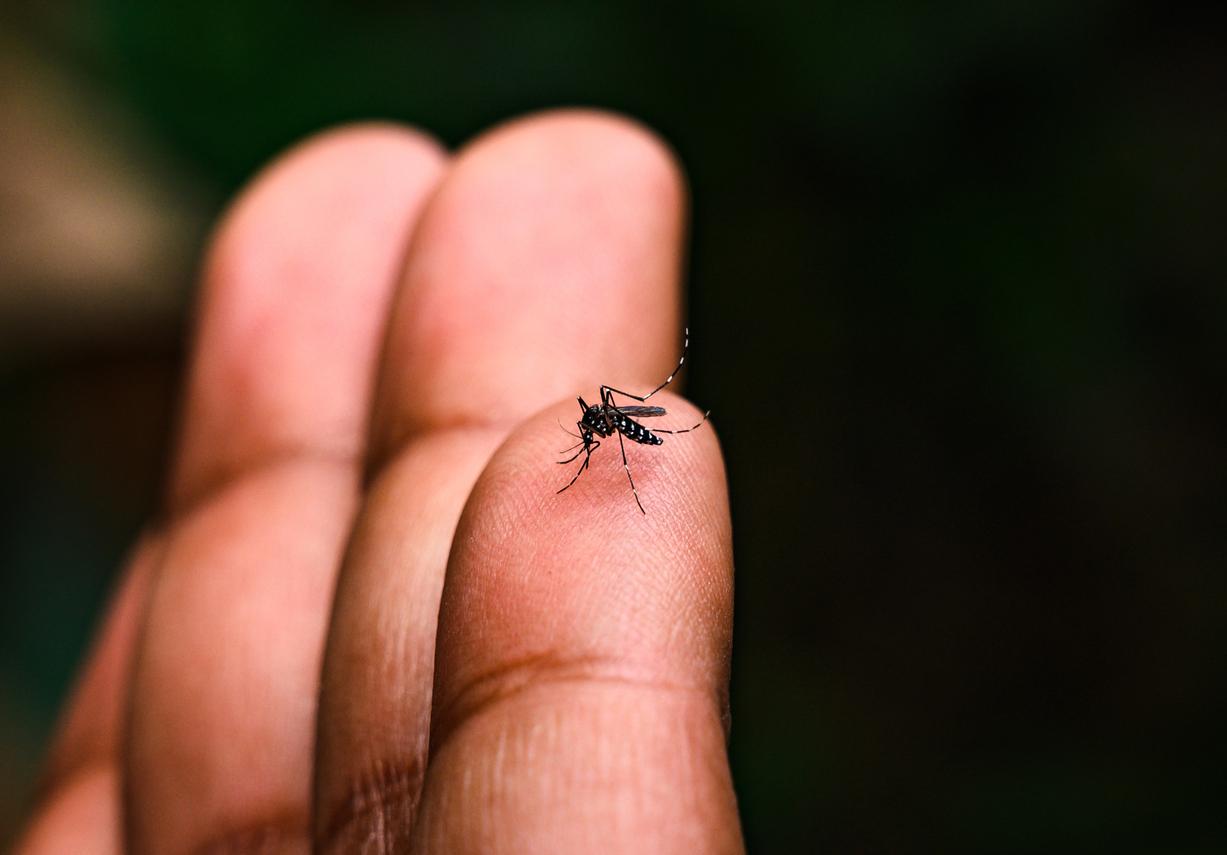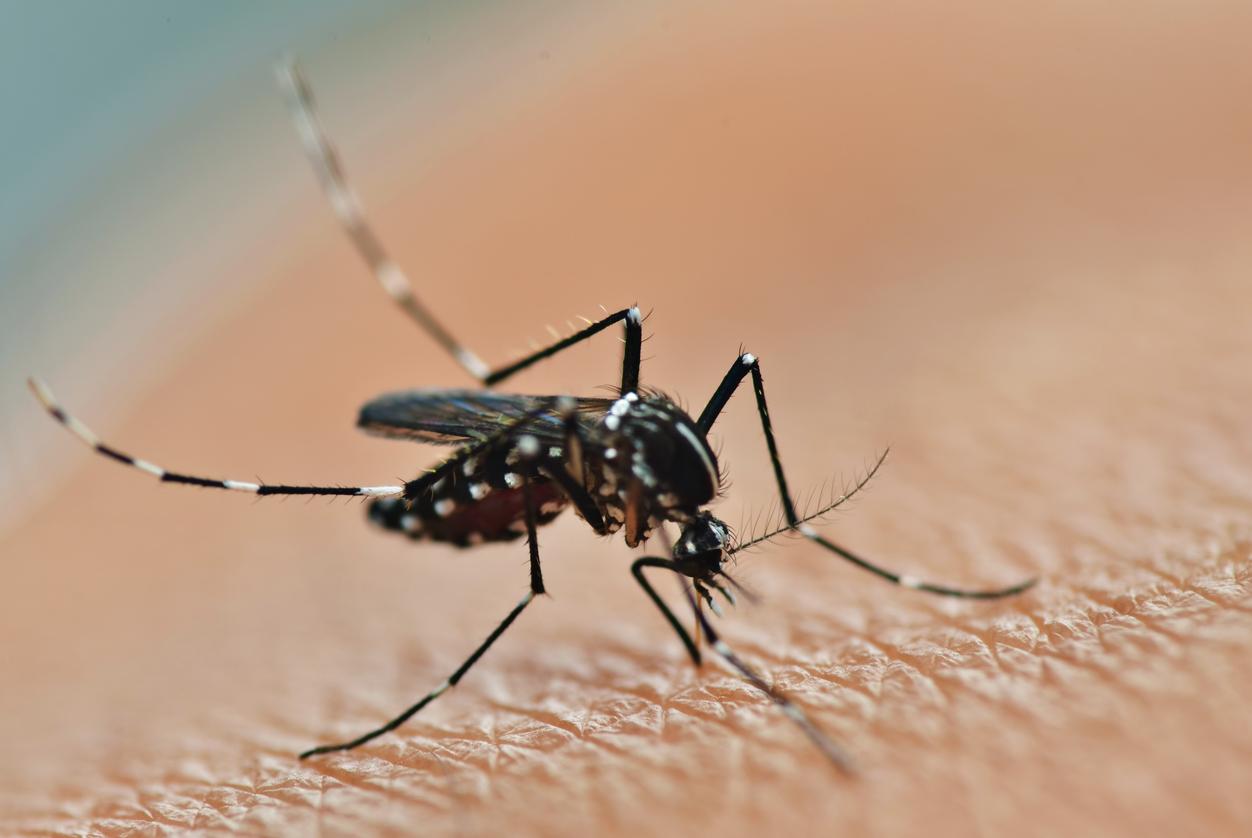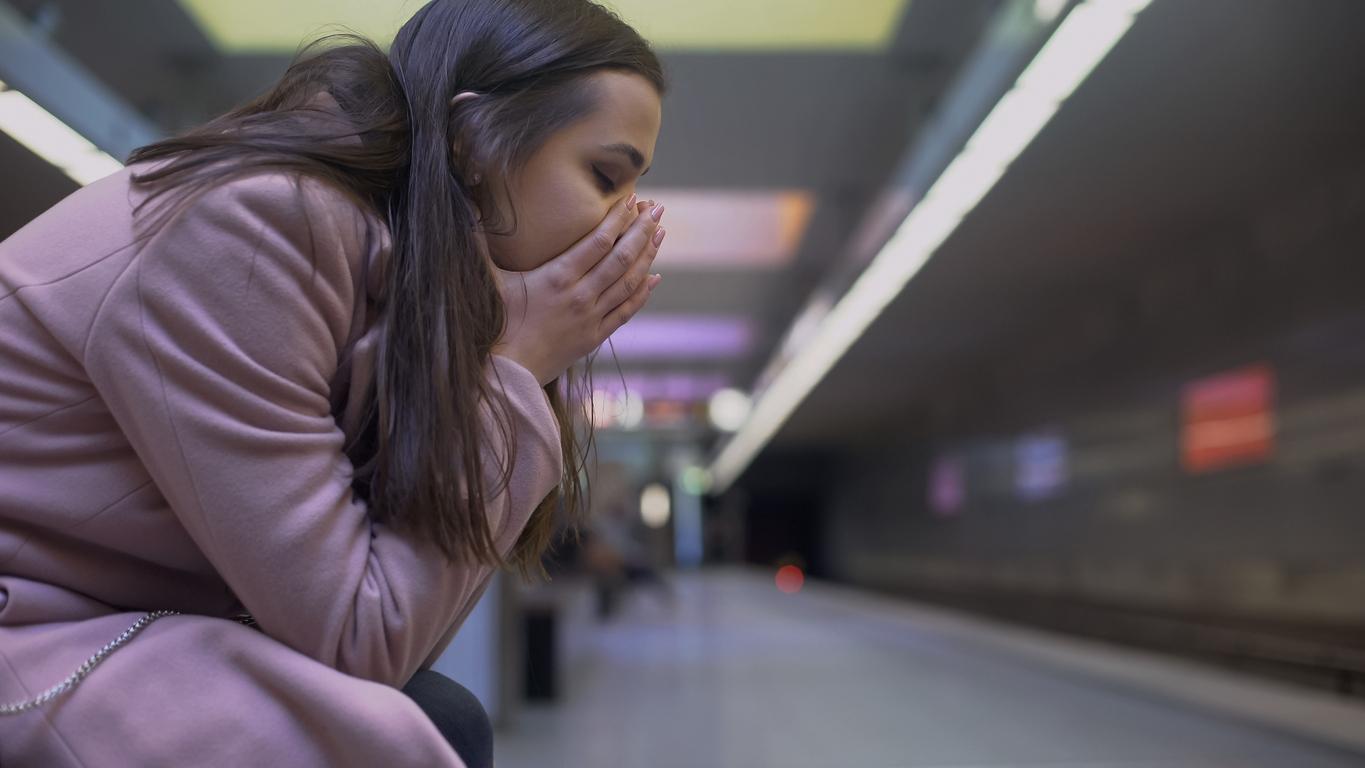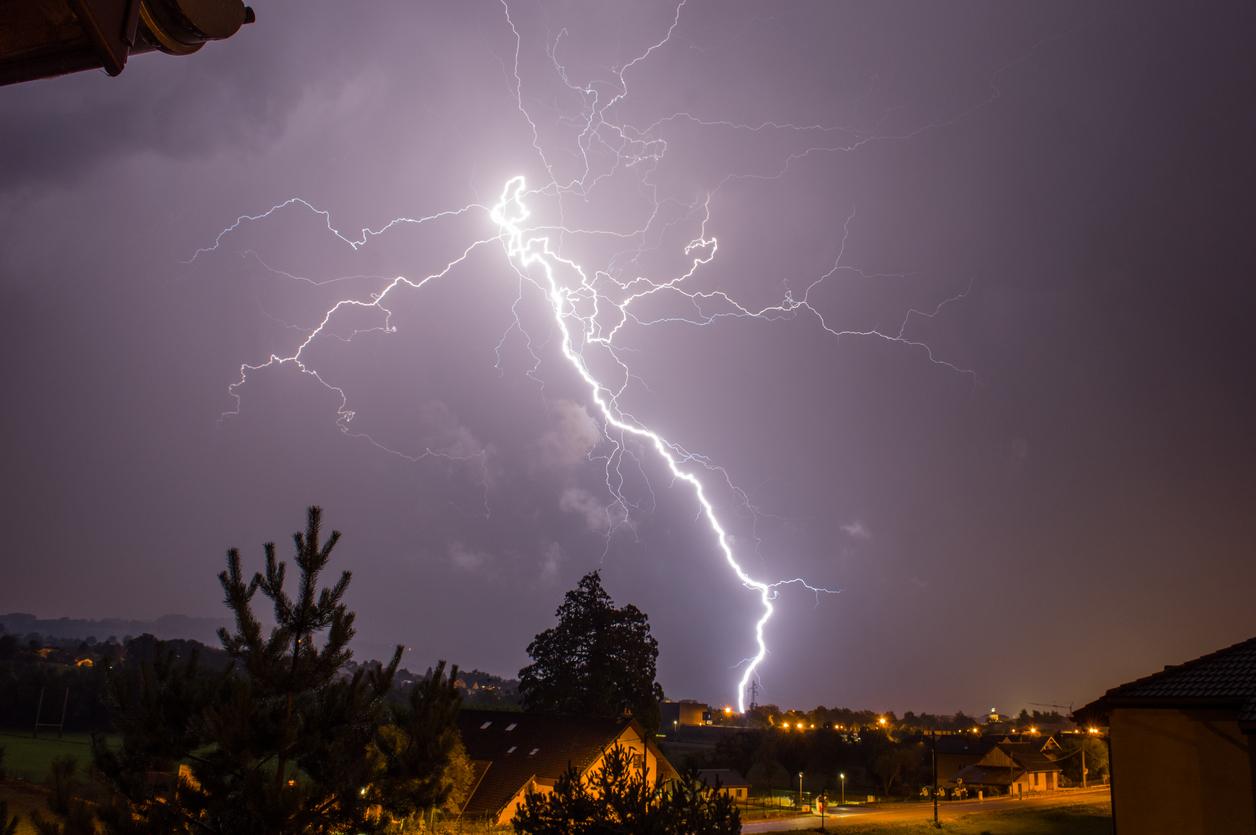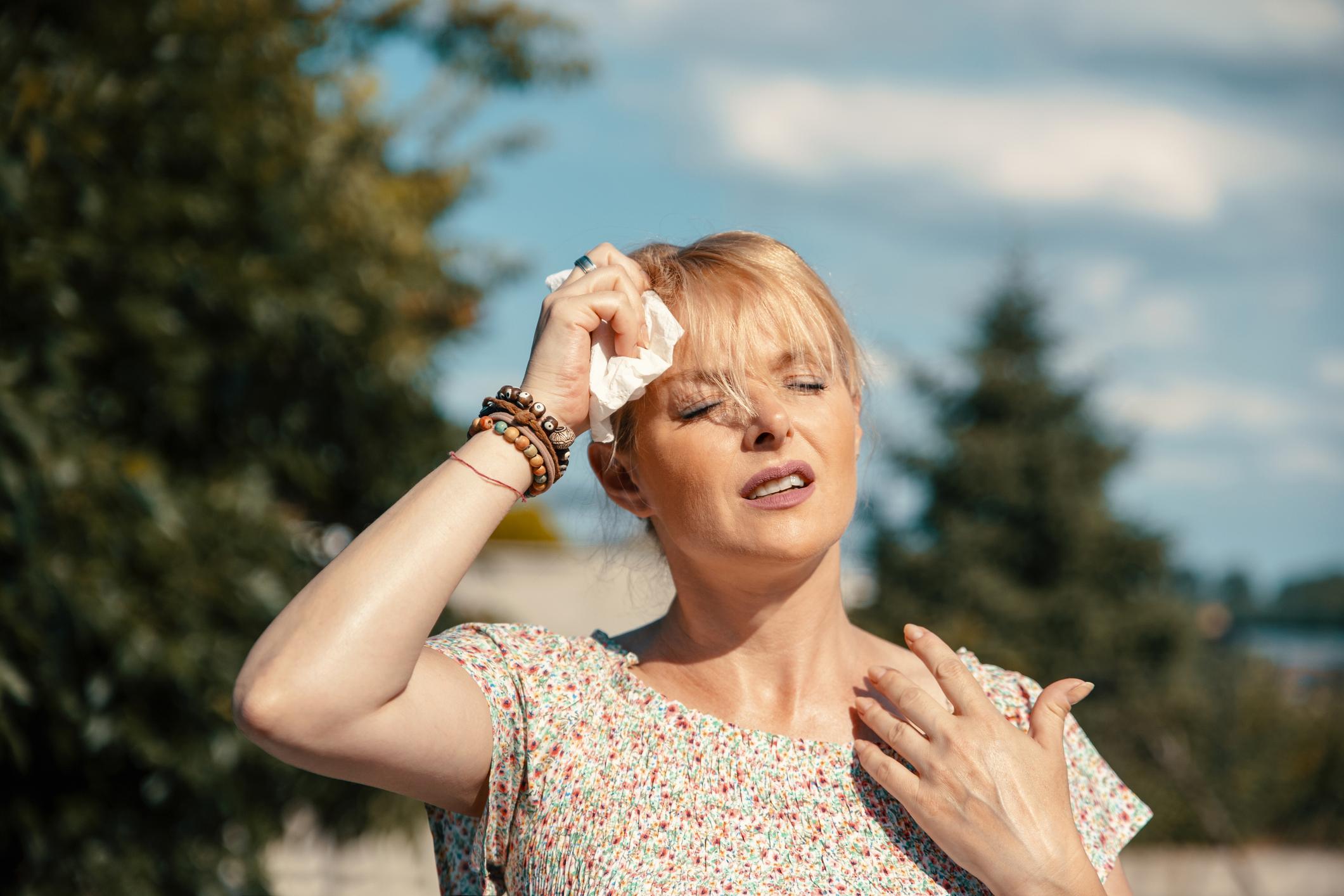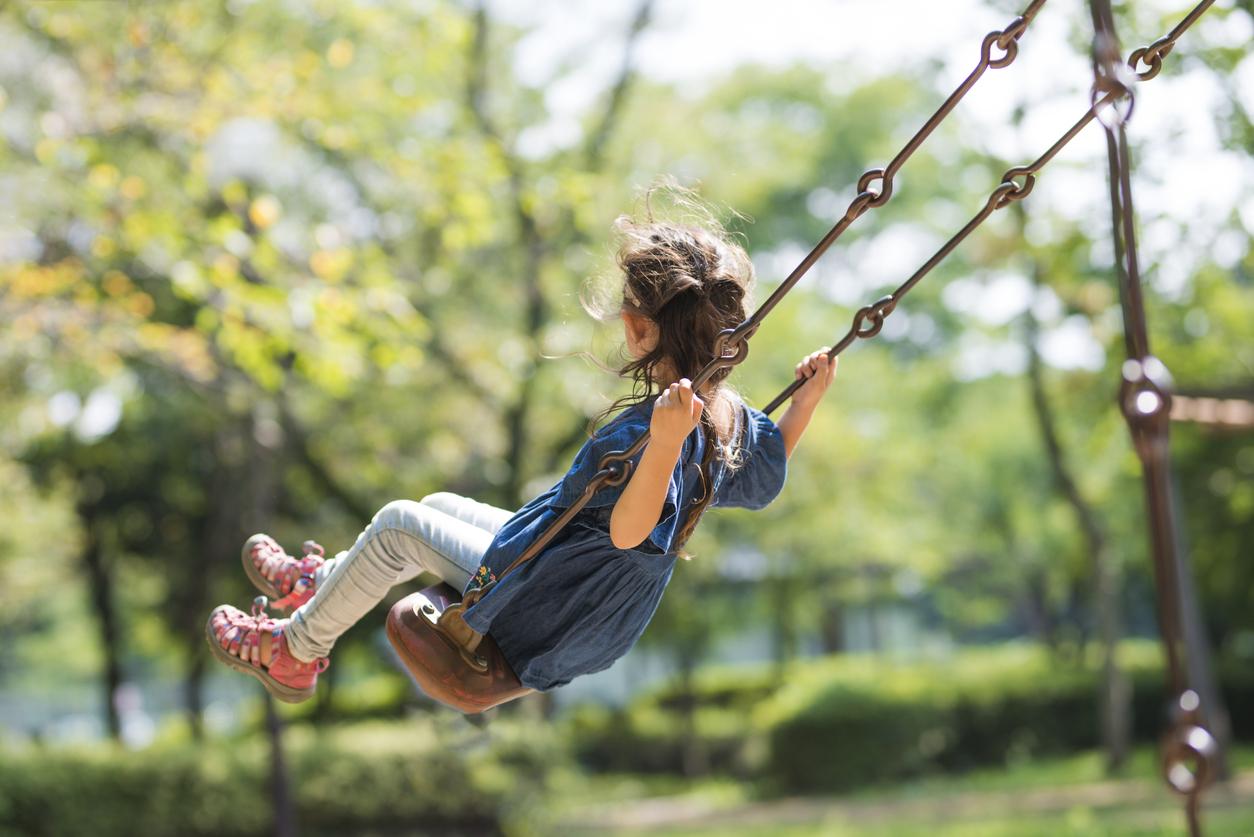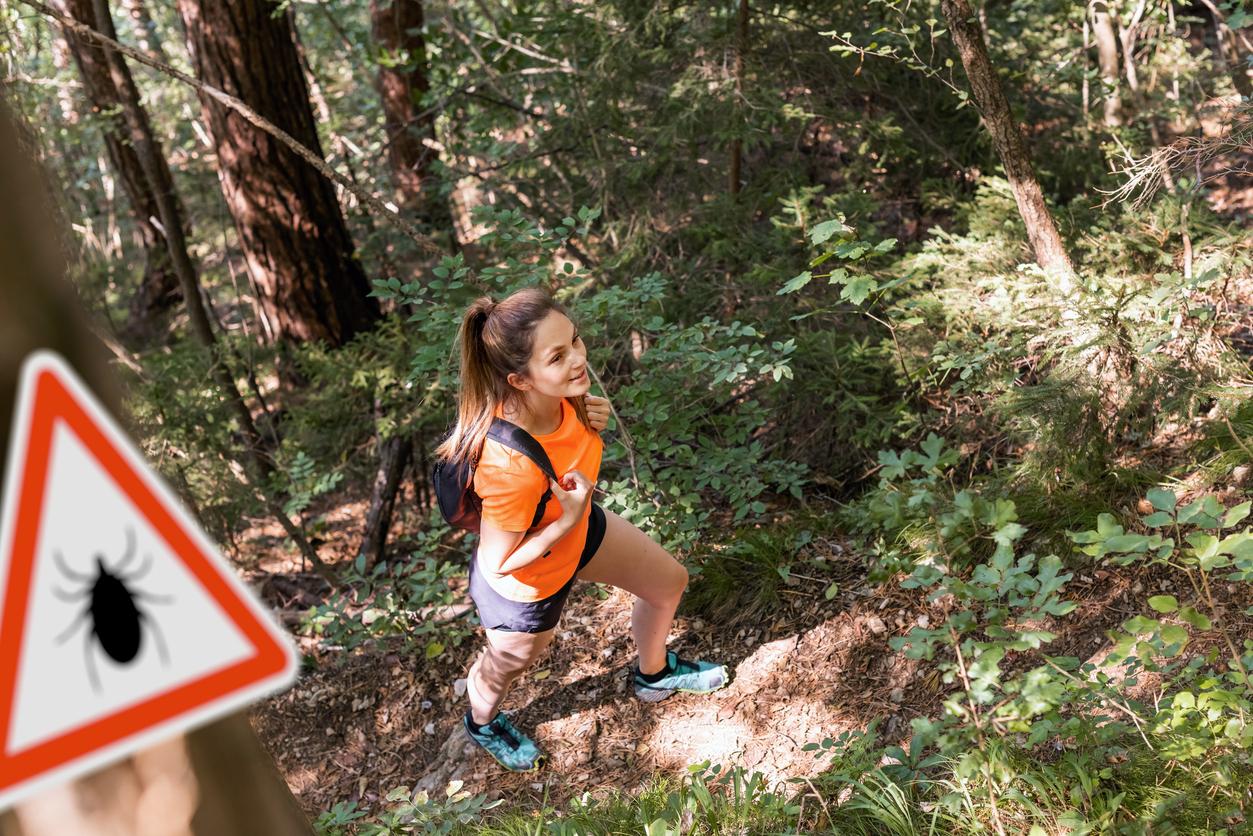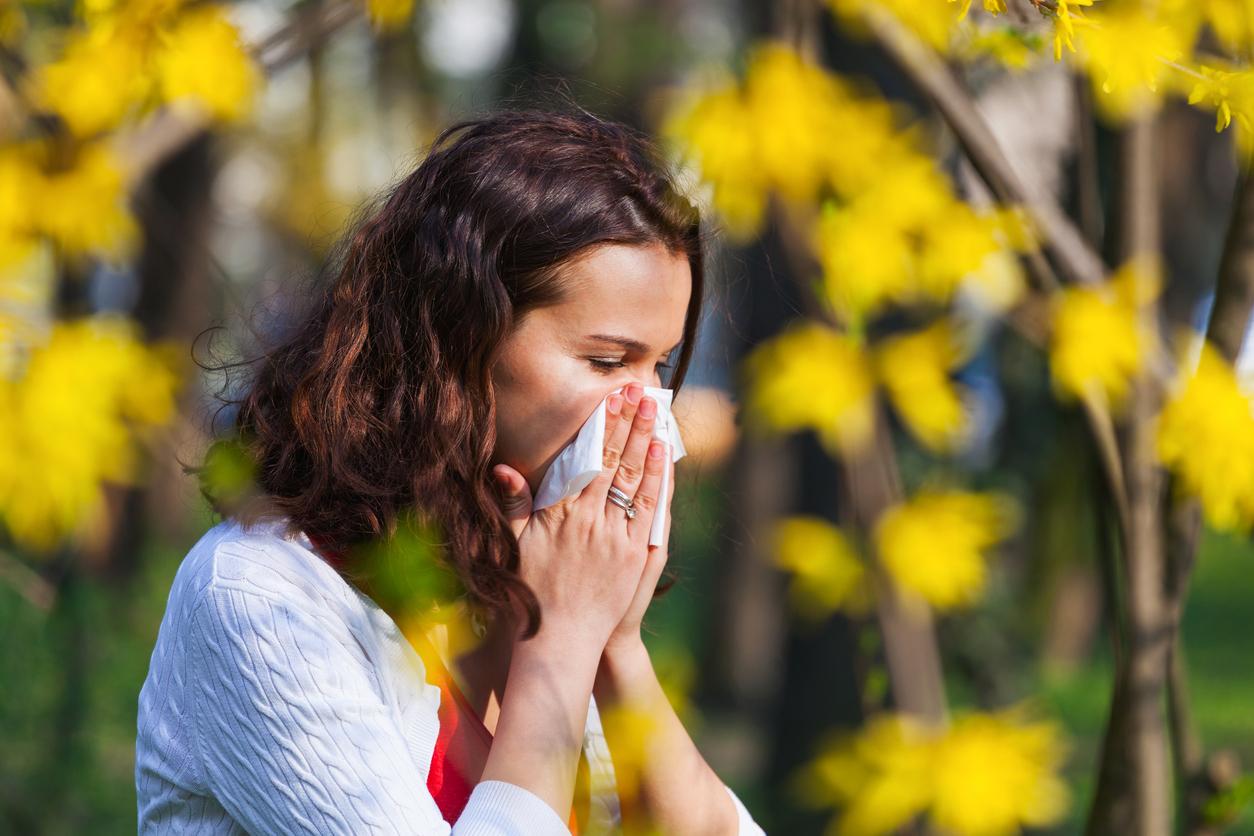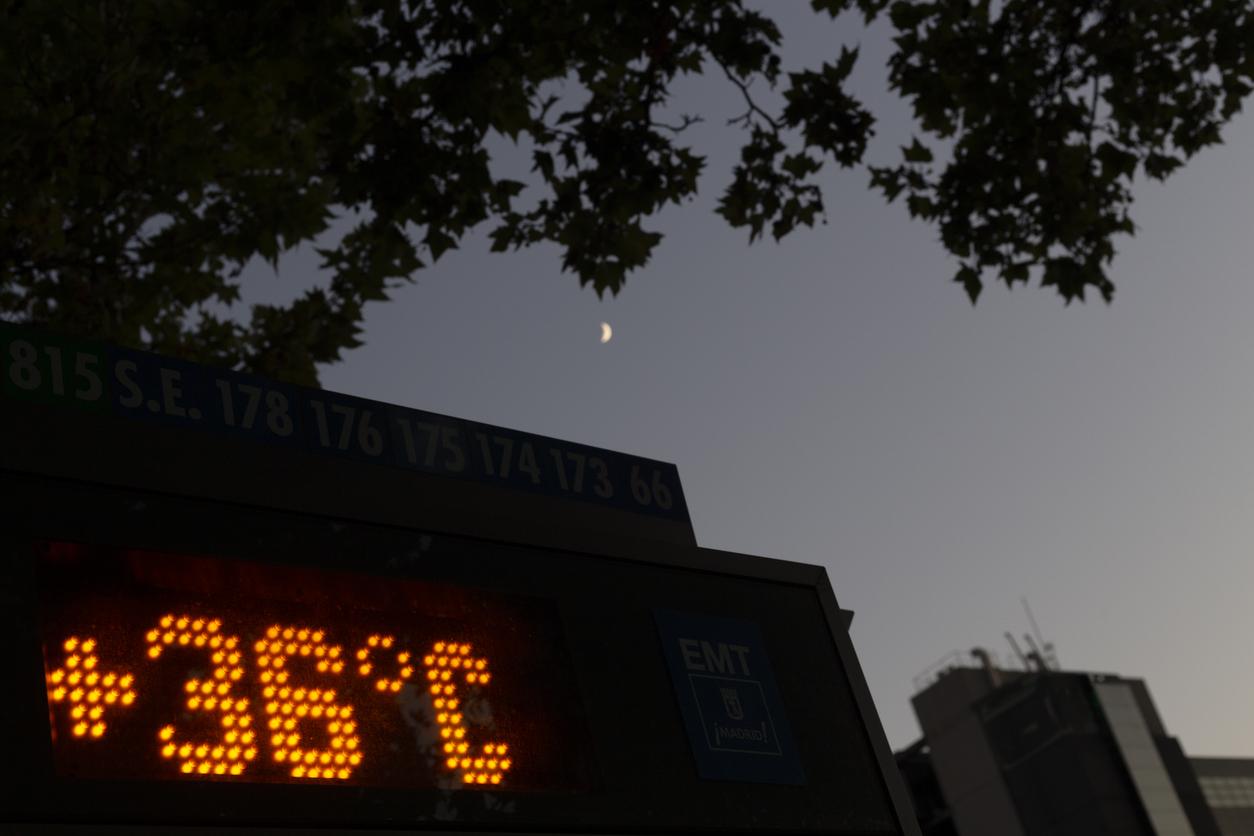Pollen allergies are more severe this year. Here’s why.
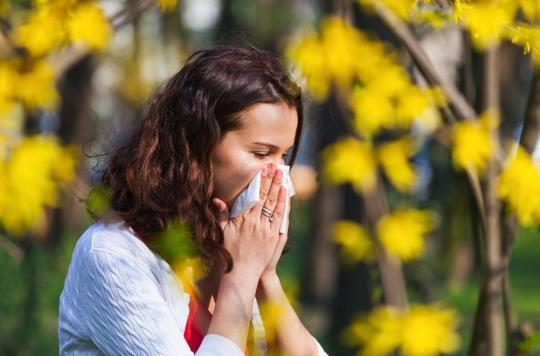
- Generally, people experience the symptoms of their pollen allergy more when they are outdoors, especially when the weather is sunny or it is windy.
- Allergies can affect anyone and start for no particular reason, at any age.
France is classified red, according to the pollen allergy risk map published on June 17 by the national aerobiological surveillance network (RNSA). This means that the predicted health impact of pollen is considered high by the authority. In other words, there’s a good chance – if you haven’t already – that you suffer from allergies. And the particularity, this year, is that they could be stronger than in the past.
The symptoms of pollen allergies are multiple and can be different from one person to another: serial sneezing, asthma attacks, red, itchy or watery eyes, etc. But this year specifically, it looks like those affected are having more intense manifestations.
Stronger symptoms
“In recent weeks I have suffered much stronger attacks than in previous years at the same time“, explains Elodie Germain, allergic to pollen since adolescence to Agence France Presse (AFP). It’s as if a wave of pollen was breaking over me (…). A constantly runny nose, itching all over the face, neck and palate”.
An observation shared by Pascale Couratier, general manager of the French association for the prevention of allergies. She explains to European 1 that “symptoms were felt by many and very violently” and to add, to explain this phenomenon, that “in 2020, there was confinement, so people went out less. And last year, wearing a mask was able to protect against allergies“.
Global warming
The return to normal life, without a mask, is part of the explanation. But some put forward other arguments related to climate change. “In 30 years, it has already been observed that the quantities of birch pollen (a type of tree whose pollen is very allergenic) increased by more than 20%“, develops Samuel Monnier, spokesman for the RNSA, to AFP. Indeed, heat is one of the elements that promote the increase in pollen.
In the years to come, global warming will therefore have an impact on allergy sufferers, by making the period of allergies longer and the pollens more aggressive. But if you suffer from it, a few reflexes can and will be able to relieve your symptoms, such as airing your home in the morning and in the evening, drying the clothes inside, rinsing your hair in the evening – because the pollen is deposited there a lot – and avoid allergenic or irritating substances at home such as incense or home fragrances.
As for this year, don’t worry, allergies should calm down by the beginning of July… So you can enjoy a great summer.







